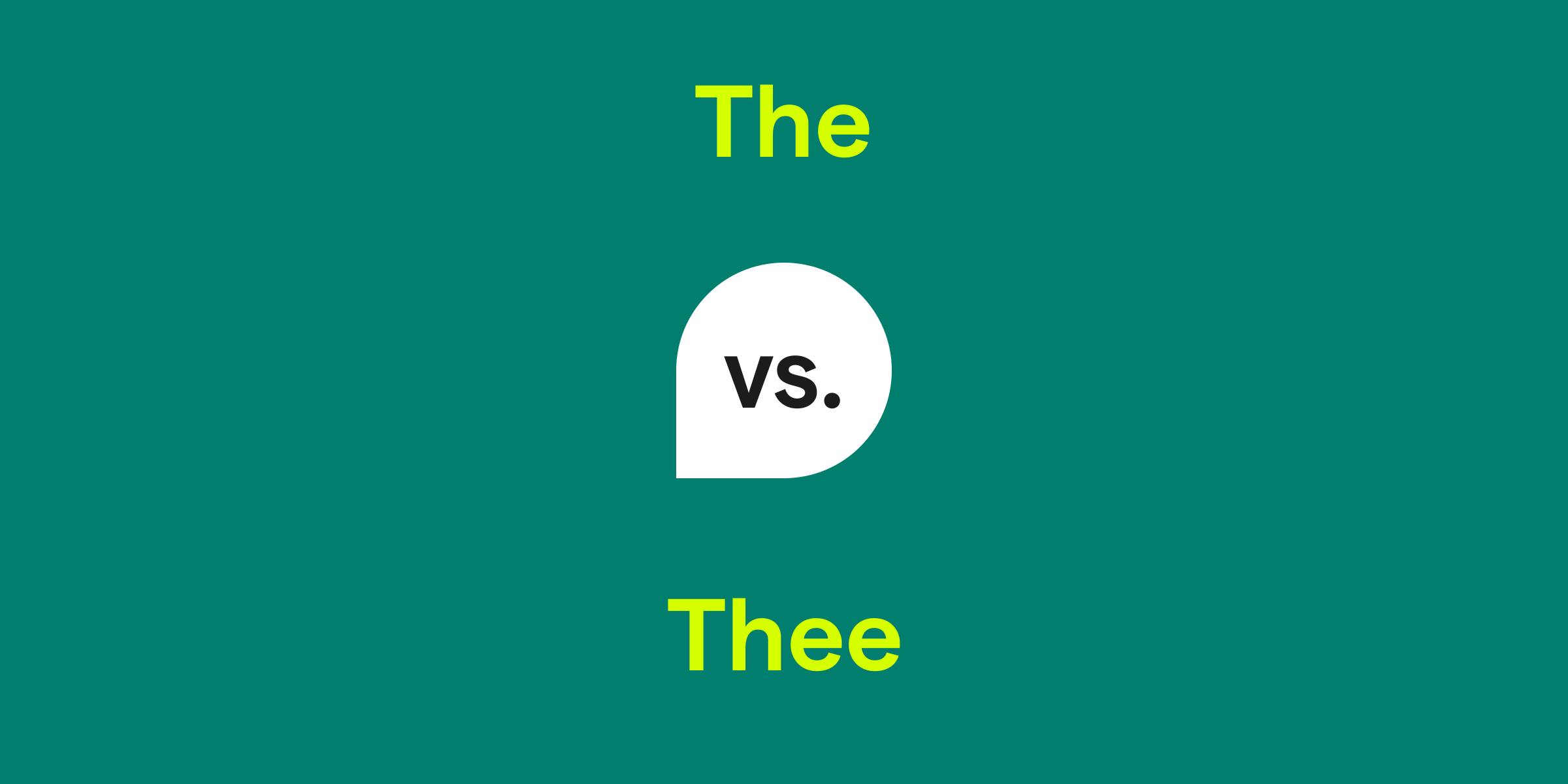The vs. Thee: What's the Difference?
Understanding when to use the vs. thee is crucial for proper English usage. The is the definite article used before a noun to indicate that the noun is known to the reader, whereas thee is an archaic or dialectal pronoun used as the object form of 'thou,' which means 'you'. The is used in contemporary English, while thee is primarily found in historical contexts, religious texts, and regions with older dialects.

How do you use the word the in a sentence?
The word the is utilized before singular or plural nouns when the noun is specific or particular. It signals that the noun following the is unique within its context or previously mentioned in the discourse. Use the when referring to a particular member of a group or an entity known to your audience.
Examples of the in a sentence
- Please close the door when you leave.
- The children playing in the park seemed very happy.
- He is the author of the book you're looking for.
How do you use the word thee in a sentence?
The word thee is an archaic second person singular pronoun used as the objective case of 'thou'. It is commonly found in classic literature, poetry, religious scriptures, or when writing in an old-fashioned tone. Today, thee is seldom used except for artistic, religious, or historic purposes.
Examples of thee in a sentence
- I beseech thee to listen carefully.
- Thee are the only one who understands me.
- To love thee is the greatest joy in my life.
The and thee definition, parts of speech, and pronunciation
The definition:
The word the is a definite article used to refer to specific nouns that are known to the reader or have been previously identified.
The parts of speech:
The pronunciation:
/ðə/ before consonants and /ði/ when followed by a vowel or in emphasis, as in 'The owl hooted' or 'What was the idea?'.
Thee definition:
The word thee is an archaic or dialectal second person singular pronoun, used as the direct or indirect object, equivalent to the modern 'you.'
Thee parts of speech:
Thee pronunciation:
/ðiː/, rhyming with 'see' and 'free'.
The word the is a definite article used to refer to specific nouns that are known to the reader or have been previously identified.
The parts of speech:
- The cat slept on the mat. (Here, the functions as a definite article indicating a specific cat and a specific mat.)
The pronunciation:
/ðə/ before consonants and /ði/ when followed by a vowel or in emphasis, as in 'The owl hooted' or 'What was the idea?'.
Thee definition:
The word thee is an archaic or dialectal second person singular pronoun, used as the direct or indirect object, equivalent to the modern 'you.'
Thee parts of speech:
- Farewell to thee, my friend. (In this sentence, thee is used as a pronoun in the objective case.)
Thee pronunciation:
/ðiː/, rhyming with 'see' and 'free'.
The vs. thee in a nutshell
While the is a common definite article in modern English, thee is a relic of Old English, serving as an objective form of 'thou' which translates as 'you'. Use the before known, specific nouns, and reserve the use of thee for poetic or historic contexts. Understanding these differences is essential for proper English usage and contributes to the richness of the language's history.
Get AI Writing Assistance Wherever You Type
Make sure your vocabulary is on point and every punctuation mark is in the right place, no matter where you’re working. Grammarly works across more than 1 million websites and apps so you can improve your writing without copying, pasting, or breaking focus.

More Commonly Confused Words
Interest piqued? Pore (not pour) over other commonly confused words to help your writing reach peak (not peek) performance.